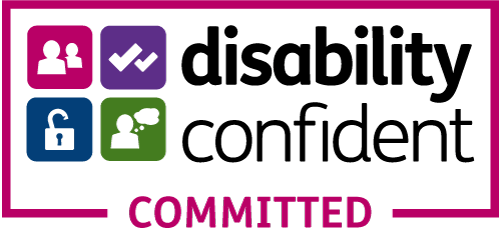Disabled students' allowance
The Disabled Students' Allowance (DSA) is a government grant that helps to cover the extra costs you may have as a direct result of your disability, including a long-term health condition, mental-health condition or specific learning difficulty, such as dyslexia.
You could get a Disabled Students’ Allowance of up to £25,000 if you’ve got a disability, including a long-term health condition, mental-health condition or specific learning difficulty. The amount you can get depends on your needs, not your household income.
It is a grant, not a loan, and does not have to be paid back. The DSA is designed to fund additional support costs for learning. The Disabled Students' Allowance can be used for:
- specialist equipment, such as a computer
- non-medical helpers
- travel costs
- other disability-related costs of studying
For students with specific learning difficulties, the DSA will not normally pay for other expenses, such as travel or accommodation.
Find out more information about the DSA and how to apply.
LAMDA can organise an initial assessment for any student who believes they may be dyslexic or possess a Specific Learning Difference. (Please note some SpLDs such as ADHD and ASD will need to be diagnosed by a GP or other specialist.) The assessment will determine the level of student support required, if any. Students can find more information in their student handbook when they begin their training.
The application process
If you’re studying a full-time undergraduate course and applying for other student finance, such as a Tuition Fee Loan, you’ll be able to apply for support from Disabled Student Allowance from your online account after you’ve submitted your main student finance application.
The application process for DSA can take around 14 weeks. You should apply and send us your evidence as early as possible to make sure your DSA is paid in time for the start of your course.
The process
-
Provide evidence
When you apply for Disabled Student Allowance, you’ll be told what evidence you need to send to support your application.
Only send copies and keep a copy for yourself too.
-
Complete a DSA1 application form
If you’re only applying for DSA and no other type of Student Finance, you need to complete a DSA1 application form.
-
Book a Study Needs Assessment
Following your application you may be asked to book your Study Needs Assessment, which may be virtual due to COVID-19.
This is an informal discussion on what support and equipment you may need.
-
Receive an outcome letter
Lastly if you had a Study Needs Assessment you'll receive a letter to confirm the outcome and support or equipment will be arranged for you.




